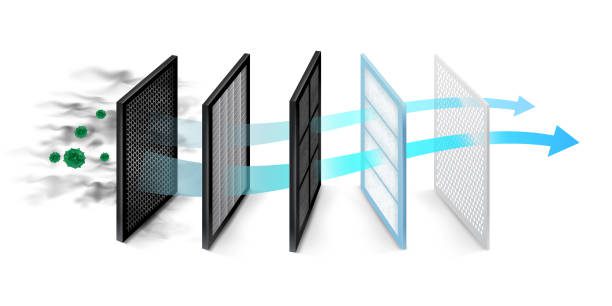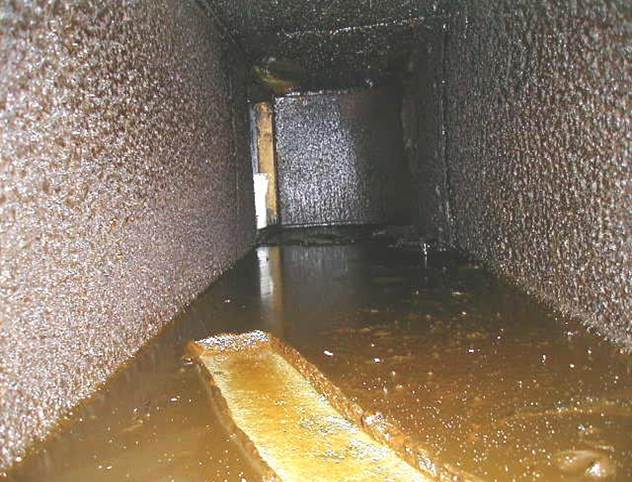Running a modern business is challenging. So while maintenance might be the last thing on your mind, it’s critical to your ongoing success. After all, you wouldn’t drive a car without getting it serviced regularly. Nor would you skip your yearly dental appointment.
Think of your maintenance checks as something that will save you money further down the line (if things break) and save you time (trying to get those damaged parts replaced at short notice).
Ultimately, planning the maintenance of your company premises is good business practice and allows your business to grow to a position of strength.
Today, we’re looking at six of the most common types of maintenance works that you need to prioritise.It’s
Since Benjamin Franklin discovered electricity in the 1700s, we’ve used it to power our lives and businesses.
Electricity is used in every facet of modern business, from powering our desktop computers to lighting our
premises and equipping our alarm systems.
So, as the old saying goes, “With great power comes great responsibility”, and for you, that responsibility
is to ensure your entire electrical infrastructure is appropriately maintained.
And it’s not just a luxury; you’re required by law via health and safety legislation to maintain all of
your electrical installations to an adequate standard.
That’s because, over time, all electrical devices and installations suffer from wear and tear.
These include your monitoring systems, emergency and exit lighting, generators, lighting and technology and
anything else that relies on electricity.
The main two things you need to think of when you’re maintaining electrical infrastructure are:
Portable Appliance Testing (PAT) (annual maintenance).
PAT Testing is required by law in Northern Ireland under the Electricity at Work Regulations.
But it’s also there to ensure your premises are kept safe from avoidable fires and potentially dangerous electrical incidents.
And should the worst happen, providing PAT testing evidence can also ensure you’ve met all the obligations
of your insurance policy.
You’ll want to use a fully qualified electrical engineer in Northern Ireland who will carry out a comprehensive examination of all of your electrical appliances and equipment.
Electrical Catering equipment servicing.
There’s never an ideal time for your catering equipment to break down.
You could be in the middle of serving restaurant customers or serving ice cream during a heatwave when it happens.
But it doesn’t have to be like that; with regular maintenance of your electrical catering equipment, you give yourself the best possible chance of never letting down your customers.

The air you, your employees and customers breathe in every day at your premises is, unsurprisingly, critical.
Ideally, it would be best if you had a minor check carried out on your air conditioning systems every six months.
And a major service should be carried out every twelve months.
Your Air Handling Units (AHU) should be inspected every six months.
Under article 9 of The Energy Performance of Buildings Certificates and Inspections Regulations 2007, you are required “to carry out independent TM44 inspections of their systems including cooling towers, condensers, coolers and their controls, by an accredited energy assessor.”
That’s because your Air Conditioning units’ filters, coils and fans, require regular maintenance for the AC unit to function effectively and efficiently throughout its years of service.
Legionnaires’ disease is a severe lung infection that you can get from inhaling tiny droplets of water containing bacteria.
Common in offices, hotels and hospitals, people usually contract the disease through spa pools and hot tubs, air conditioning systems, taps, showers, and humidifiers.
And because Legionella bacteria can be deadly, you should prioritise getting Legionella Risk Assessments carried out every two years.
If you’re responsible for healthcare premises, then a Legionella Risk Assessment should be carried out
annually.
Last year, Northern Ireland Fire and Rescue Service attended 22,238 fire incidents.
And with fire getting out of control in as little as 30 seconds, fire testing should be one of your top
priorities.
One of the most important checks to get carried out is fire damper drop testing, which should be checked and
dropped annually.
That’s because, with fire dampers, late problems are big problems, so you’ll want them tested regularly
to ensure they’re working correctly.
Whether you’re a restaurant, shop, new build, educational establishment, hospitality company or kitchen, refrigeration servicing is vital.
That’s because dangers invisible to the naked eye could be lurking in poorly maintained refrigerators.
Viruses, moulds, bacteria and other deadly pathogens can easily get from your refrigerator into food and
beverages, putting staff and customers at serious risk of foodborne illnesses.
To avoid those nasty dangers, you should aim to have your refrigerators fully serviced every six months.
Your biannual service should include temperature checks, fridge seals and ensuring the smooth working of the whole unit.

Kitchen extraction systems pose one of the biggest potential fire hazards in commercial premises.
Grease that’s left untouched is highly flammable and can lead to the quick spread of a fire throughout your
extraction system to other areas of your premises.
As a result, depending on the usage and of cooking hours and what’s being cooked – it’s vital to get your
grease extraction cleaning carried out approximately every six weeks or annually if it’s rarely used.
It’s also important that you ensure your grease extraction cleaning complies with TR19 regulations and is recognised by your building insurance.
To achieve this, you should only
enlist help from a BESA certified Grease Hygiene Technician in Northern Ireland.
If you need help with commercial maintenance and servicing, get in touch with Enviro FWA today.
We specialise in Electrical Maintenance, Air conditioning servicing and maintenance, Legionella Risk Assessments and plumbing, Fire damper drop testing, Refrigeration servicing, and Grease extraction cleaning
We pride ourselves upon understanding our clients’ needs and forging partnerships which enable
the smooth running and compliance of their businesses
Breakdown emergency callouts – 24/7 – 365 days
Contact 077 9661 4886